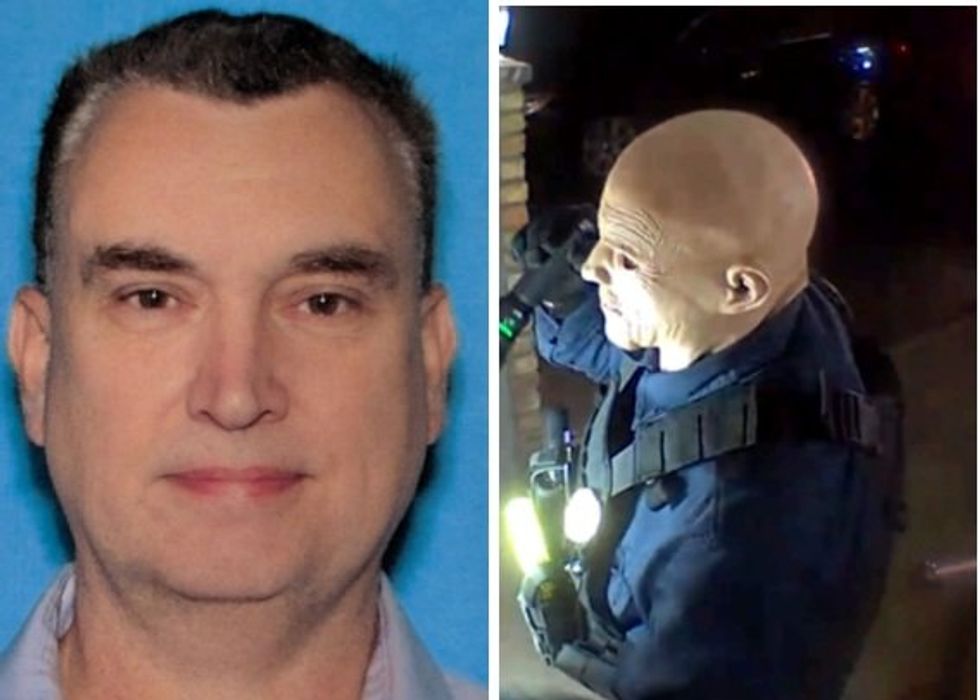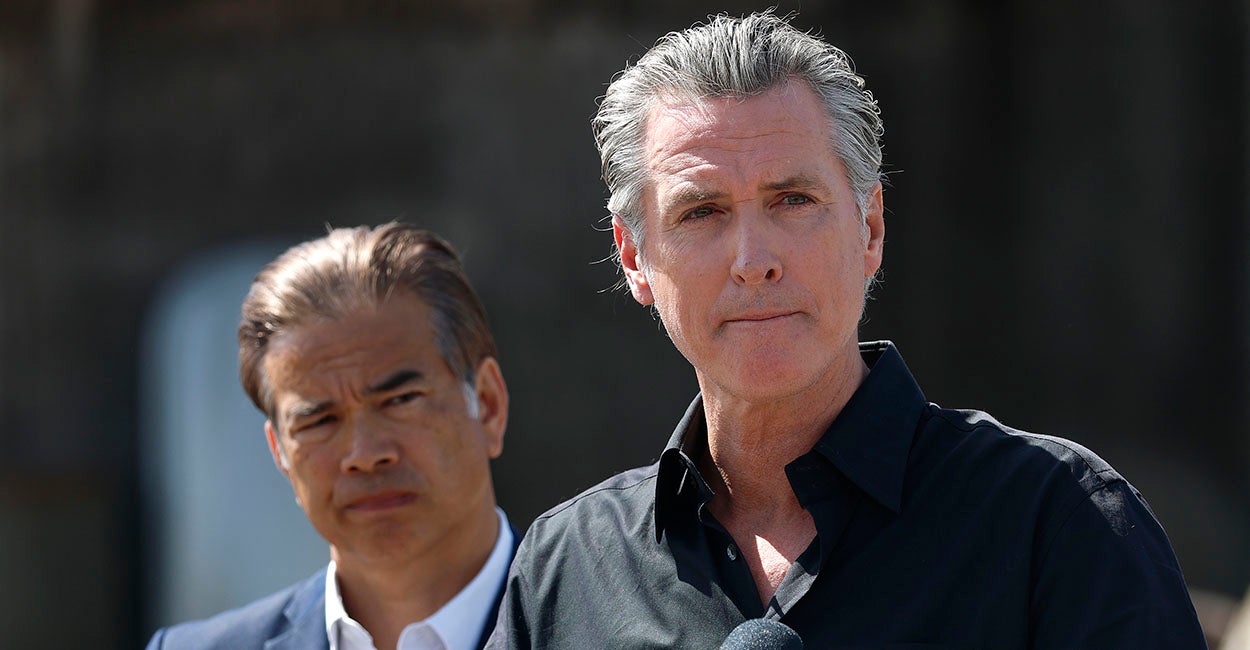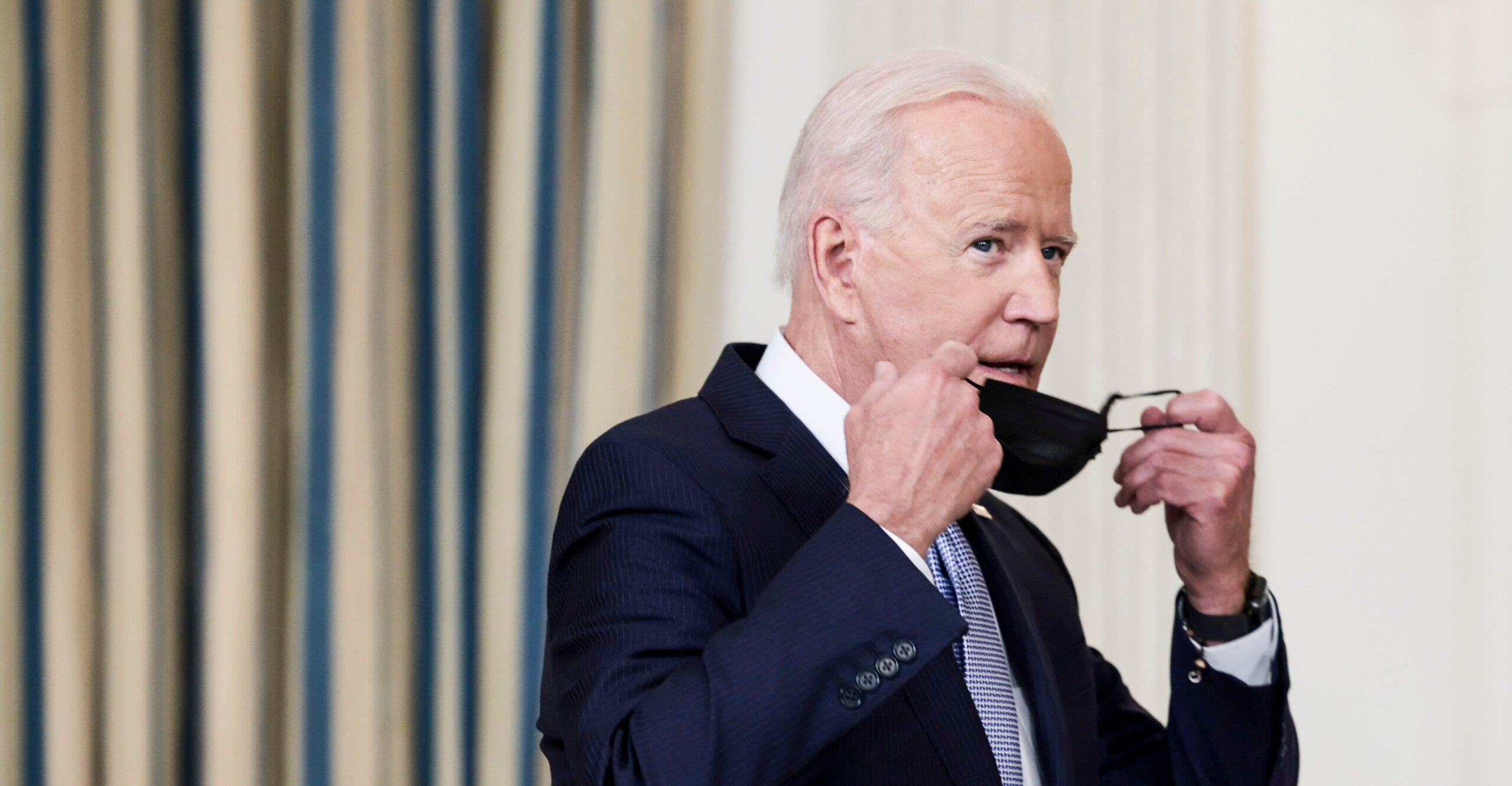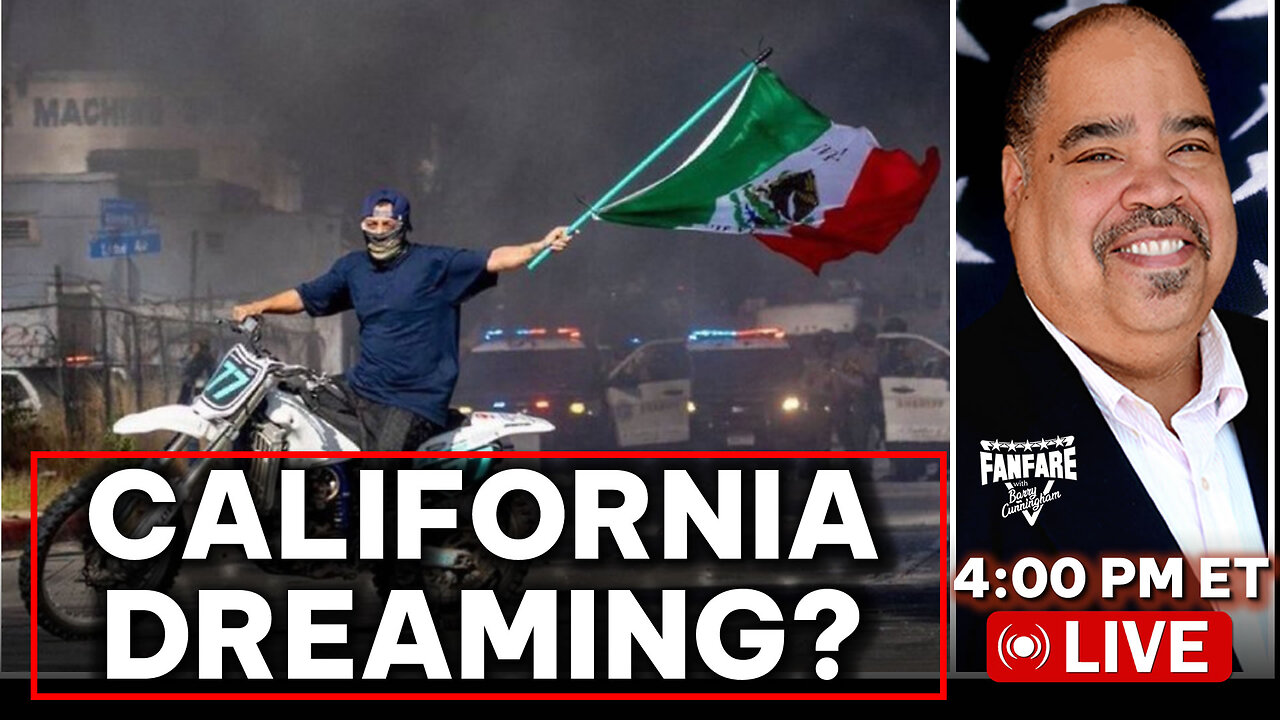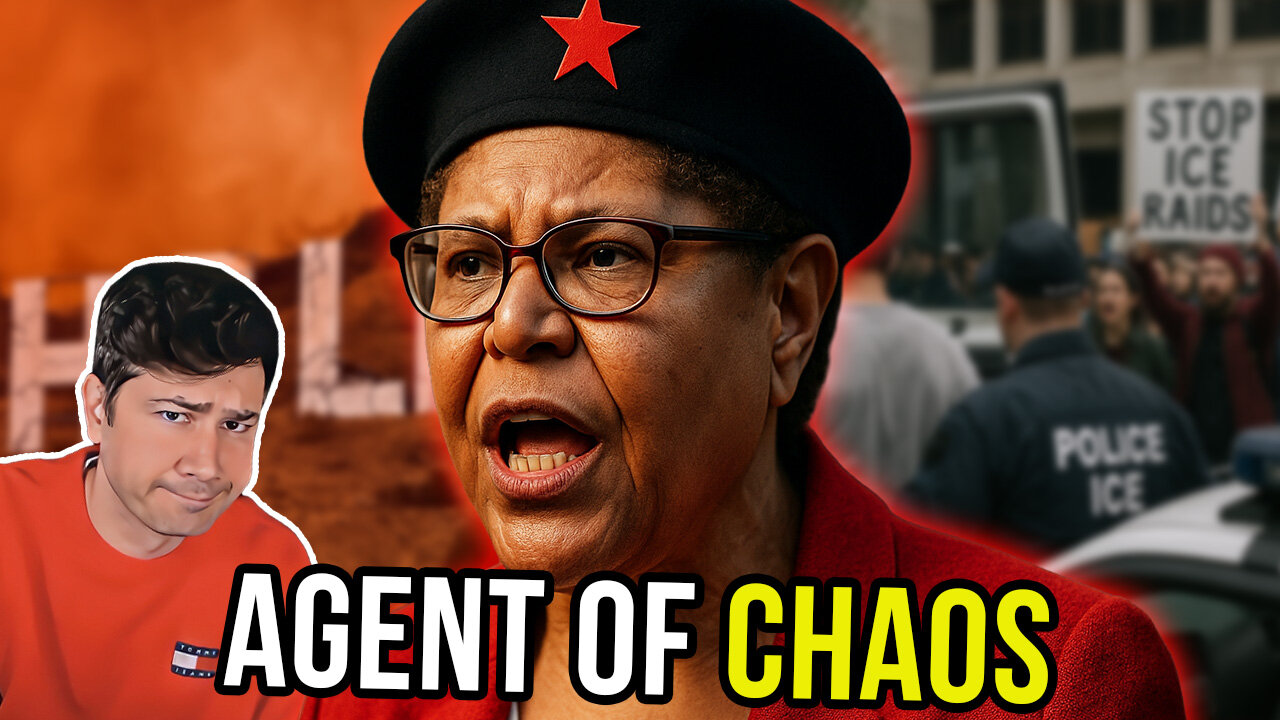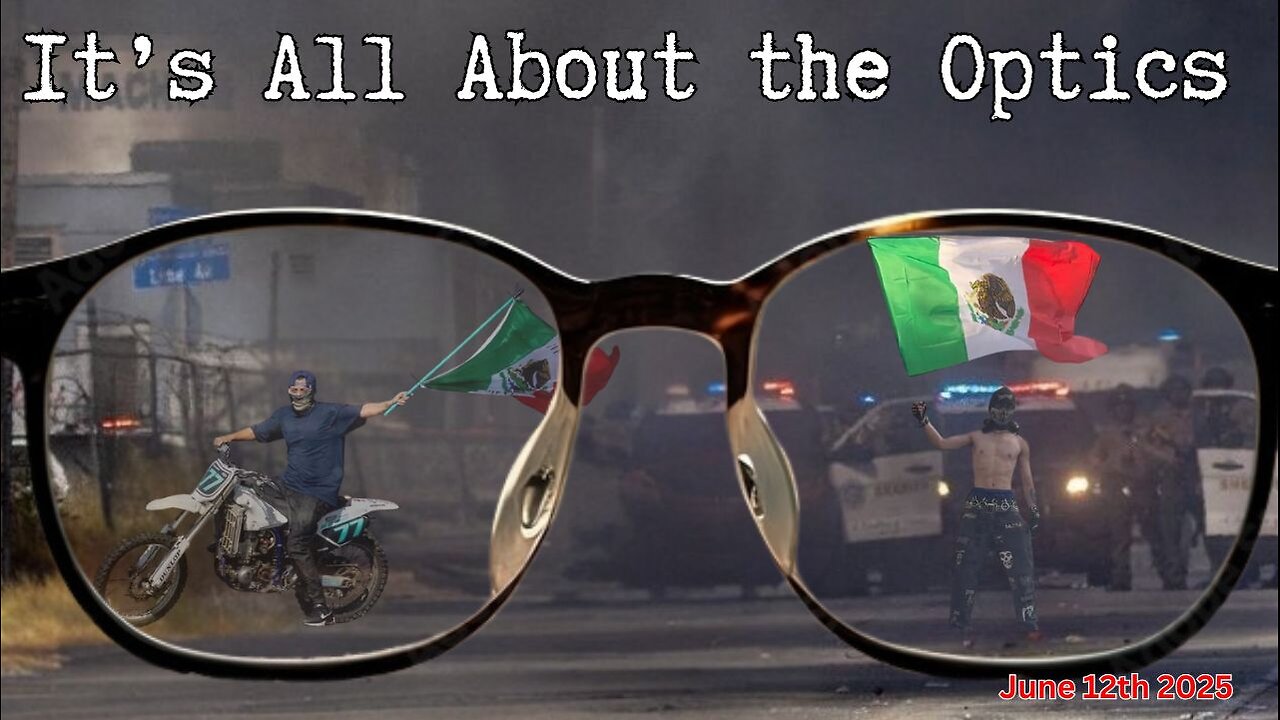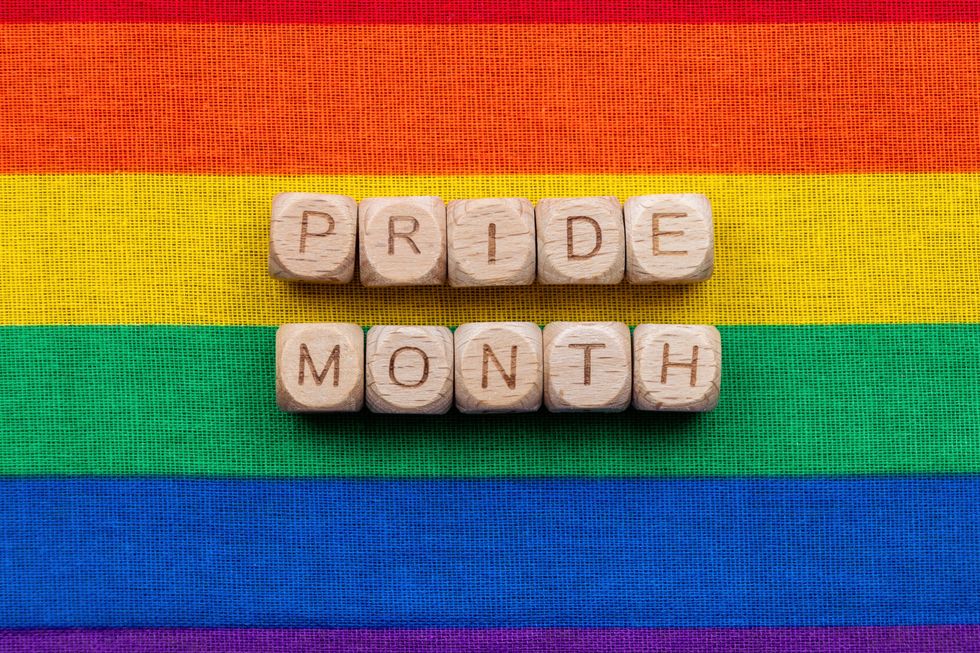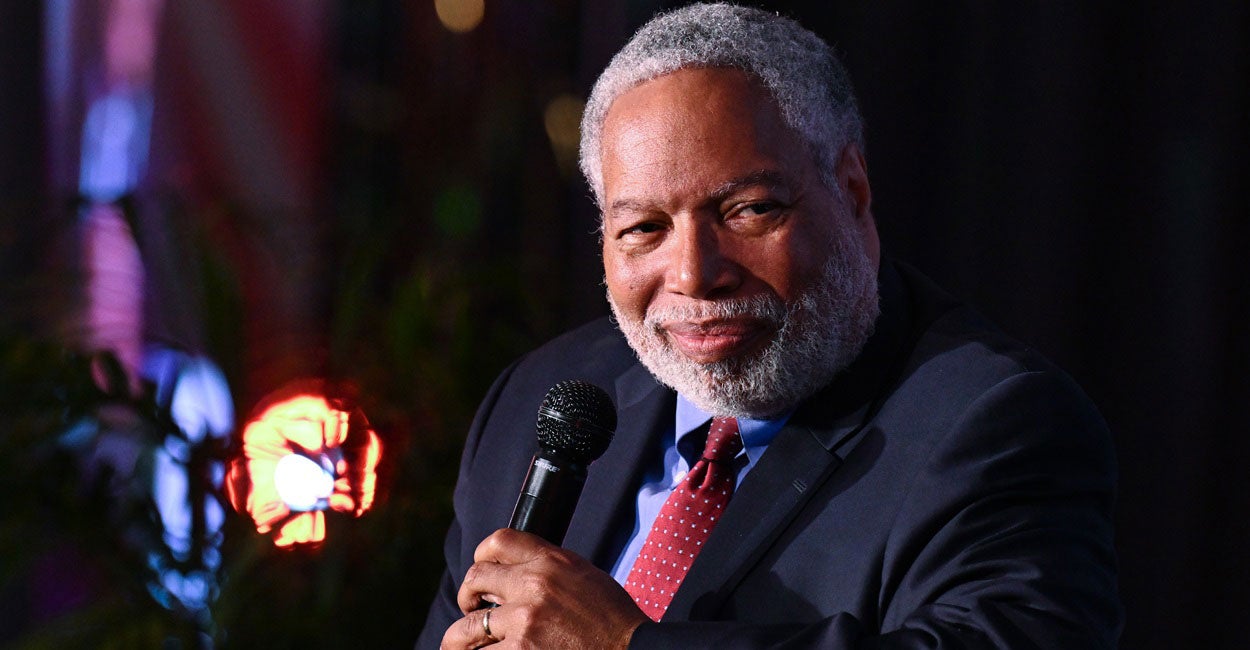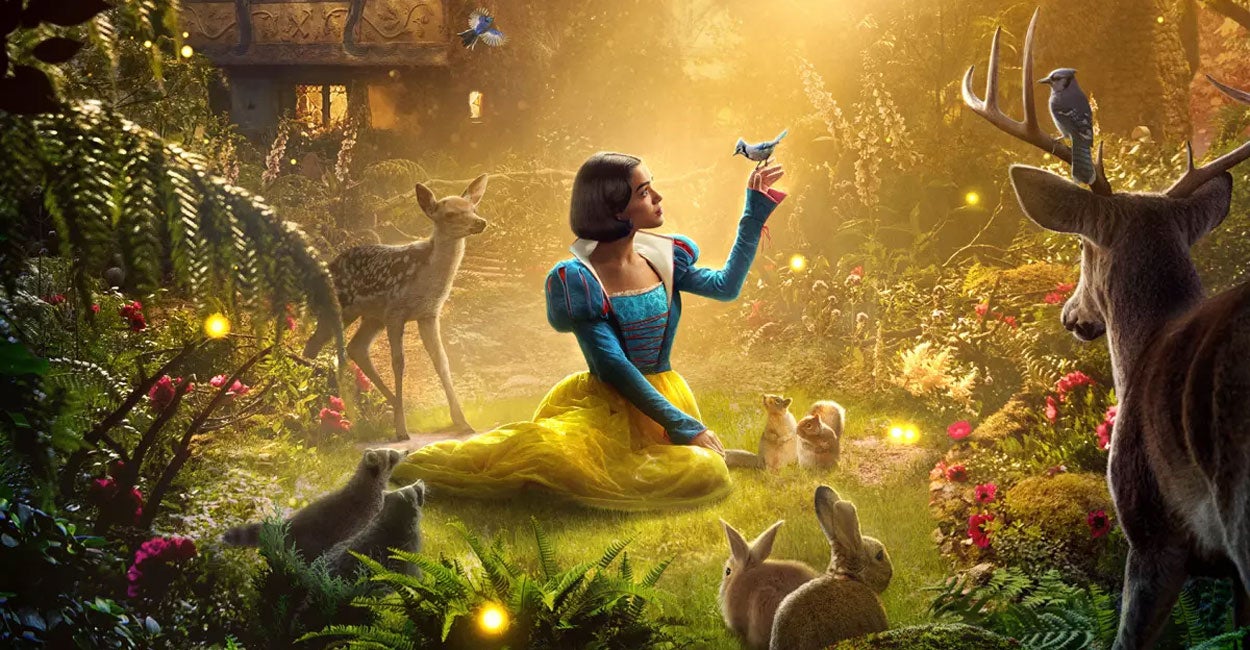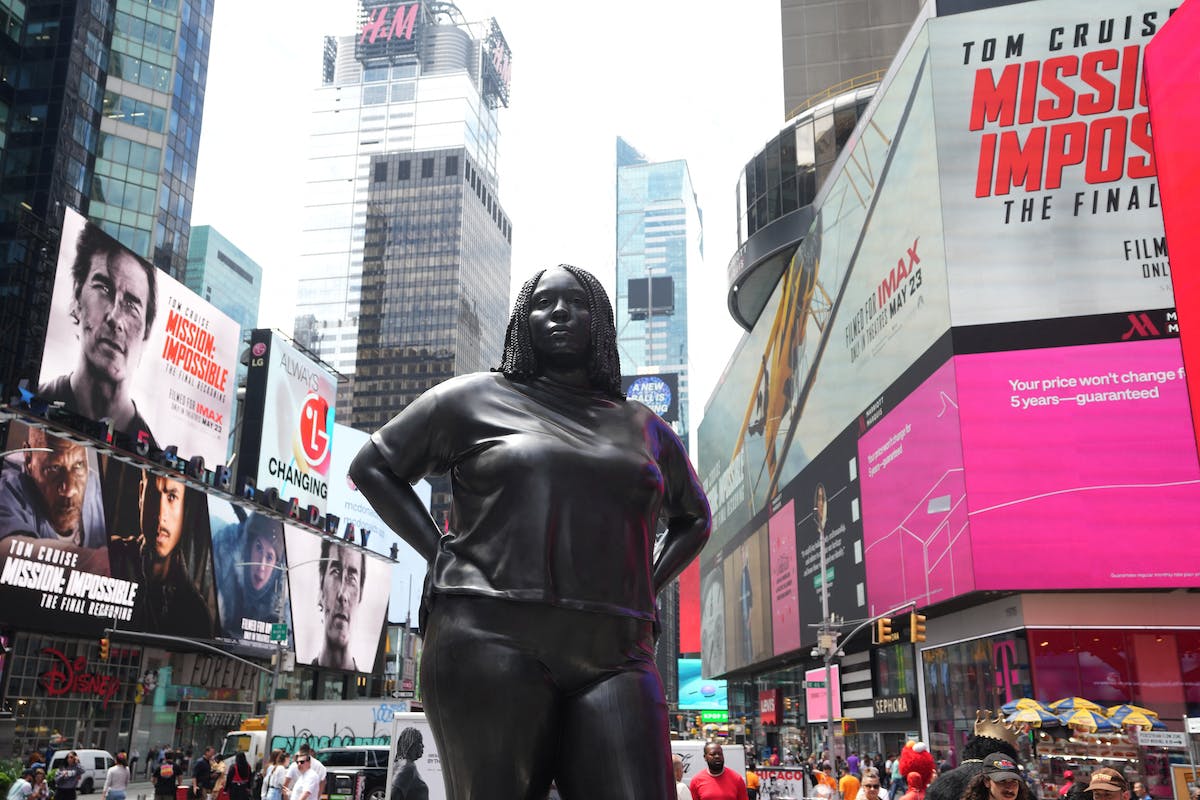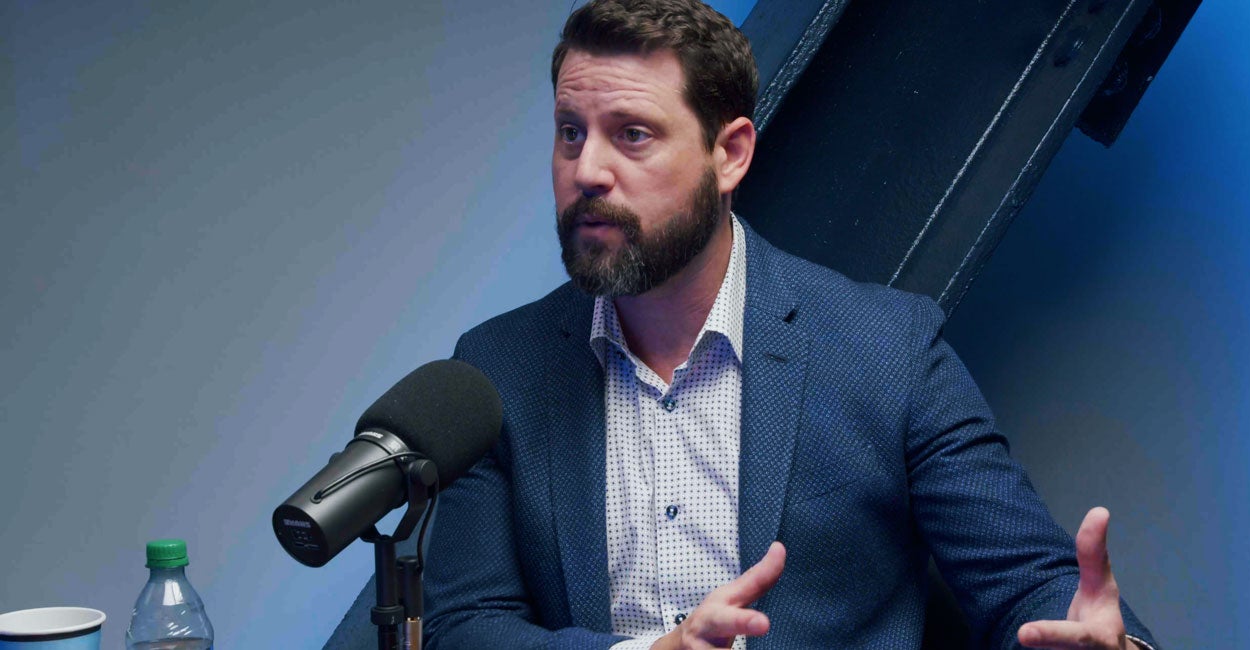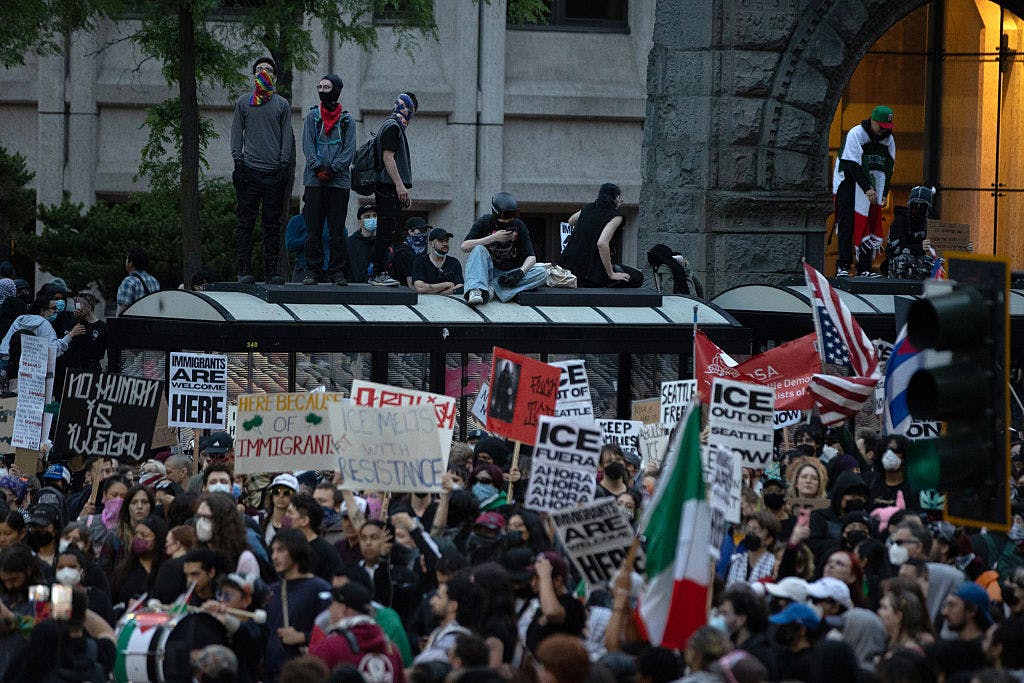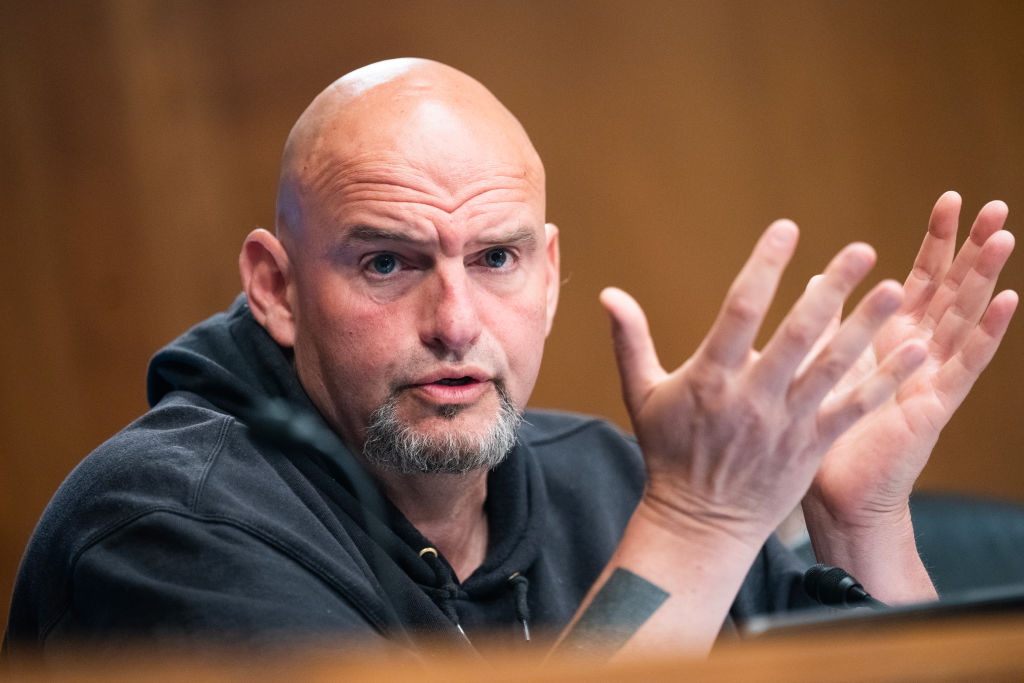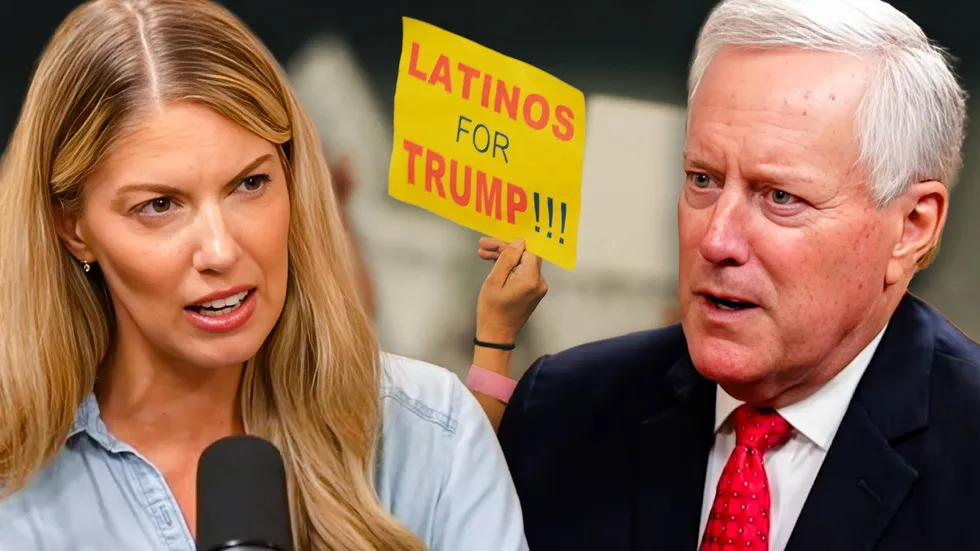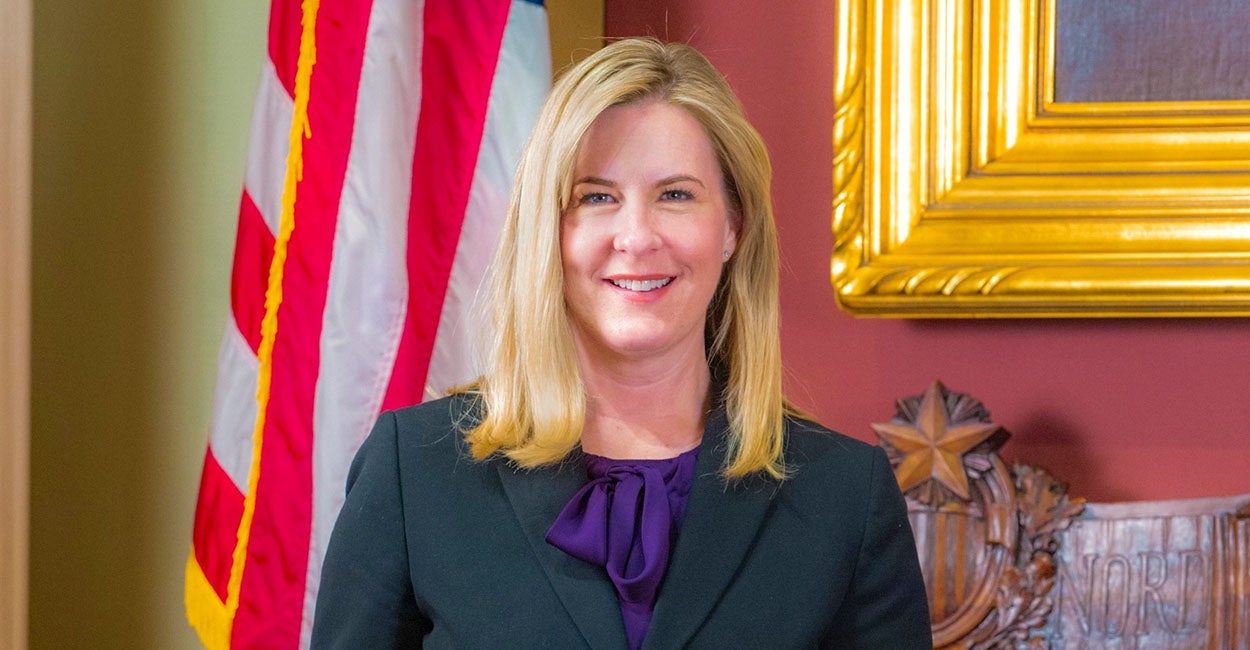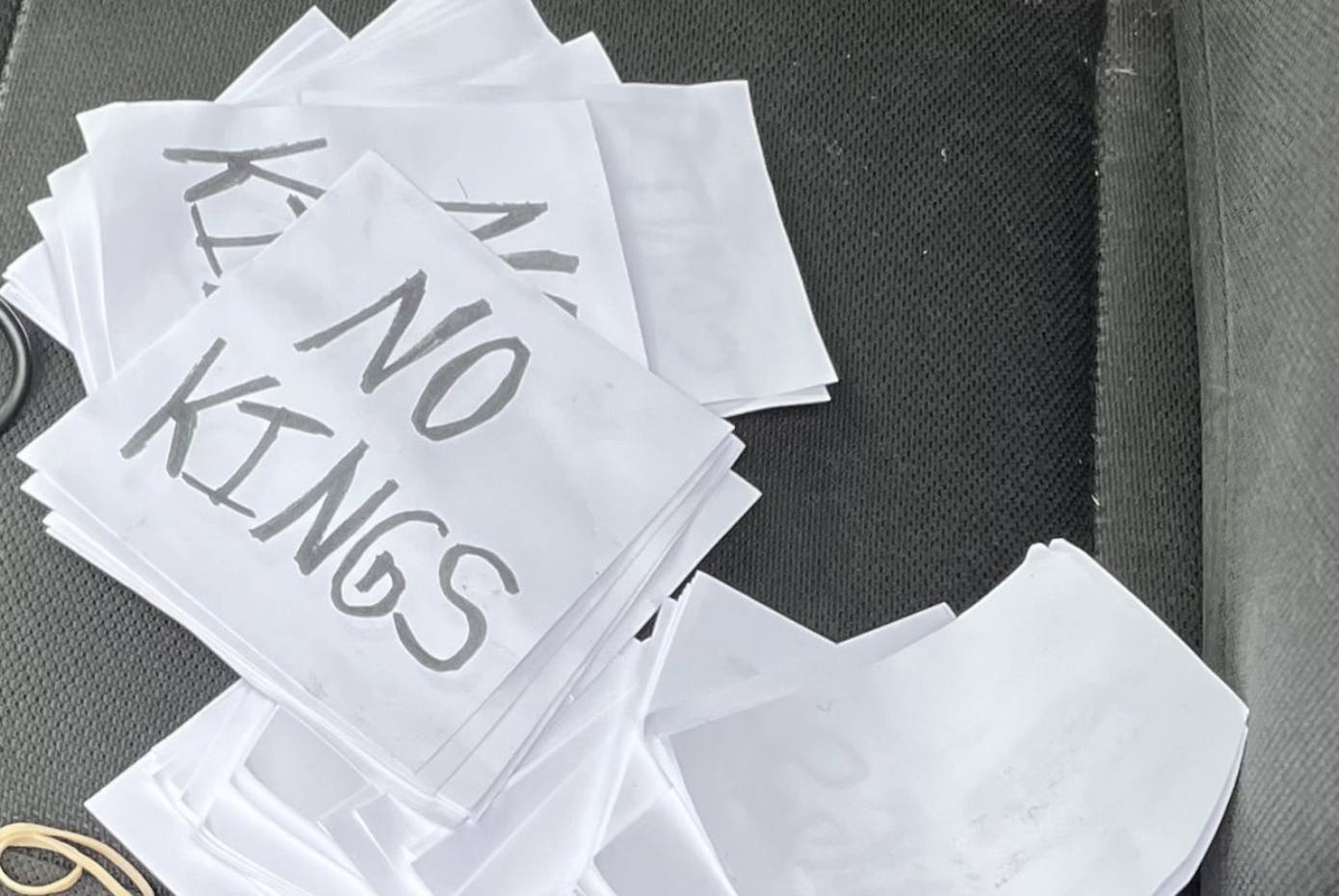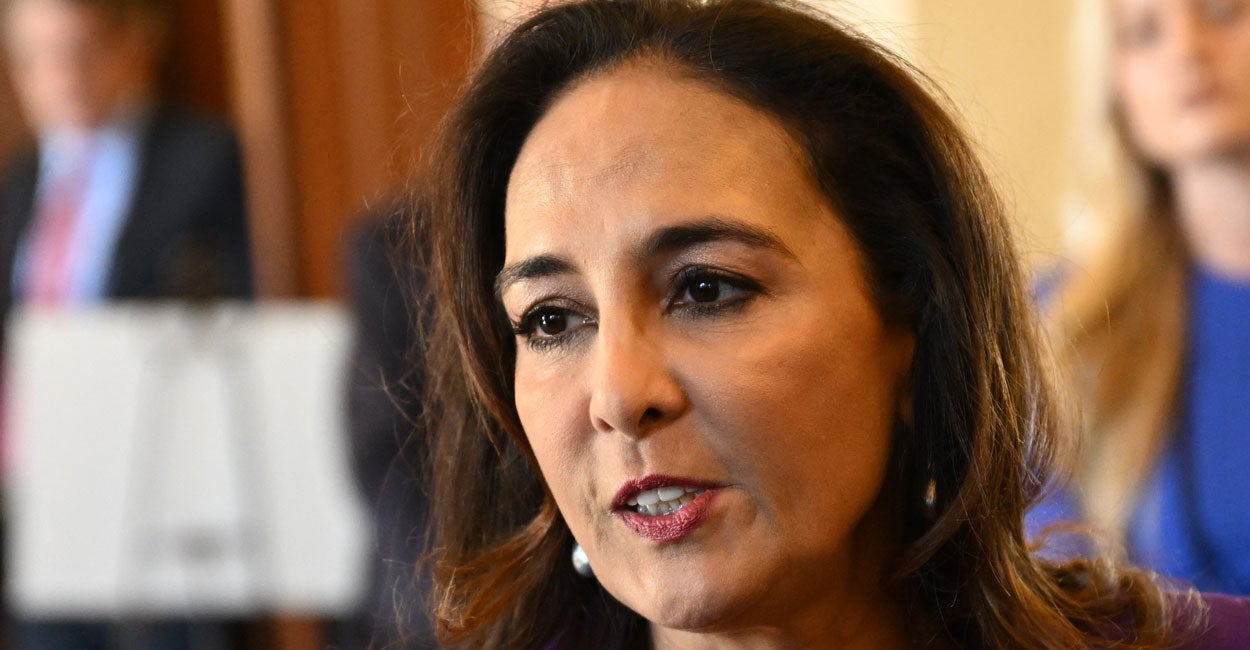'Mary' didn’t know: New film about the mother of Jesus muddles and misleads
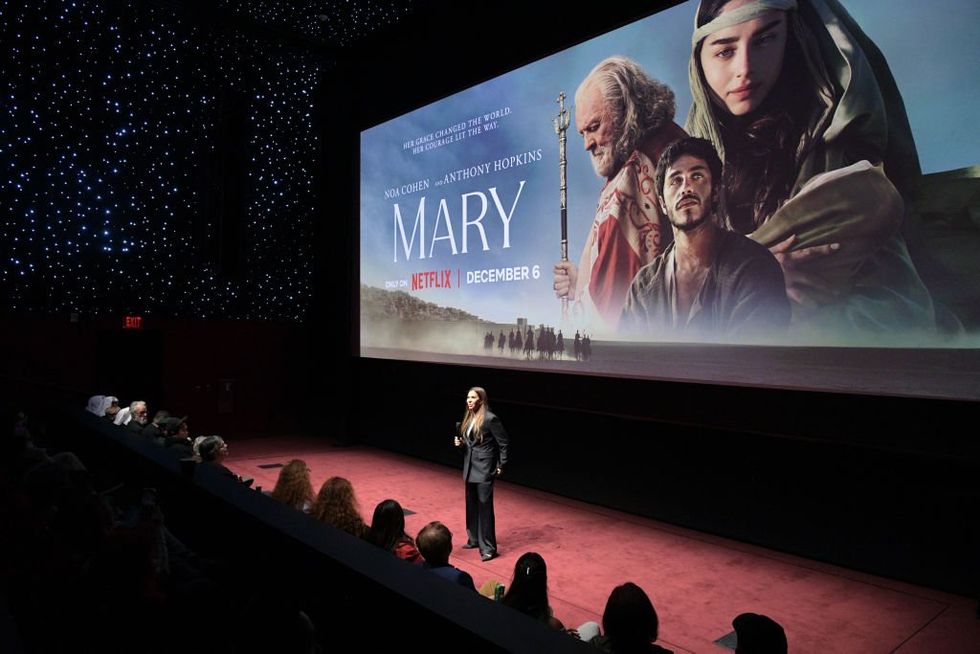

Mary the mother of Jesus was remarkable for one very important reason: God chose her (and Joseph) to raise the Son of God.
"Mary," the new Netflix movie, is not remarkable. For a (heavenly) host of reasons.
My hopes were dashed when Mary announces somewhat defiantly, looking straight into the camera: 'You may think you know my story. Trust me. You don’t.'
First, let’s get this straight. Mary was not born holier than anyone else. She was just a normal girl with a heart to please the Lord, as evidenced by her reaction to the angel Gabriel giving her the news that would change her life forever. From this reaction, we can deduce that her family was likely devout. They had arranged an engagement for her, as was culturally customary. And her fiancé, Joseph, proved himself worthy by his kind intentions toward her even when he thought she had betrayed him.
You can read this whole narrative in Luke 1:26-38 and Matthew 1:18-25. And I suggest you do, because that’s the real story. Netflix could have made a beautiful movie telling that story — it’s full of drama and mystery and fear and hurt and love — but director D.J. Caruso, along with executive producer (and televangelist) Joel Osteen, chose to tell an entirely different story. An unbiblical story.
And it’s not even a good unbiblical story.
Unbiblical non-epic
Film scripts based on the Bible run the gamut from straight scripture (like 2003’s "The Gospel of John"), to fanciful depictions that spin off so wildly from the Bible that the message and meaning of the biblical text is completely twisted (looking at you, Darren Aronofsky, for messing with "Noah").
Somewhere in the middle there I’d put "The Chosen," Dallas Jenkins’ multiple-season series on the life of Jesus. It’s firmly rooted in scripture, but Jenkins attempts to flesh out the story (with often-but-not-always historical and cultural context) to help us imagine what it must have been like for regular people who encountered Jesus Christ. Much of the time these efforts are successful; sometimes not so much.
I was hoping that "Mary" would be like a good episode of "The Chosen," but alas my hopes were dashed almost from the film’s first moments, when Mary announces somewhat defiantly, looking straight into the camera: “You may think you know my story. Trust me. You don’t.”
If a film billing itself as an “epic biblical” tale tells us from square one that it’s going to tell us the “real” story, it is no longer biblical (and probably not epic either).
Isn't that special?
The entire premise of this film is the entirely imagined idea that Mary was no humble teenage girl but was special from before she was born.
This is evidenced by the angel Gabriel visiting both her parents to inform them that their childlessness was about to end with a special daughter who would belong to God.
As a child, flocks of butterflies follow her around, and people stare at her, sensing ... something. Her parents eventually fill her in on her status and tearfully deliver her to the temple to serve God as part of some weird underage girl temple helper group, which I am fairly certain was not a thing (there’s certainly no biblical mention of girls being dropped off to live in the temple, and it doesn’t seem like it would be culturally acceptable).
Plus, the outfits the girls wear look a bit like "The Handmaid’s Tale," so it’s a bit creepy.
Reality check: Mary did not know she was chosen until it was time for her to know. Her family didn’t know until she told them, and we can imagine that was a difficult situation.
Again, that might have made for some powerful film storytelling, if the filmmaker could have just stuck to the scripture instead of the script.
Speaking of the script, it’s packed with foreshadowing of elements from the life of Christ, including a disturbing scene where wicked King Herod presses a crown of thorns into the Jewish high priest’s head, blinding him (after which Herod stares at young Mary, also sensing ... something).
Eventually, they get around to the real story, when the angel Gabriel visits Mary, but they only stay with the Bible briefly before the film transitions to an action movie.
Crowds of Jews who hate the Romans are shown rioting and also trying to stone Mary for her out-of-wedlock pregnancy. Joseph is a full-on action hero who bravely fights his way out of this situation and a few others, eventually getting Mary to Bethlehem.
In the film, they went not to comply with the Roman census (the real reason they went there — see Luke 2:1-5) but because he “has family there.”
Hollywood hallucinations
And this is where the movie’s plotline unravels completely. They make their way through the crowded streets of Bethlehem looking for a place to stay. Why? He just said he had family there. Mary then asks Joseph if all the people are there because of the census, but he tells her ominously, “No — this is something else.”
And then he finds out what that something else is, when a woman tells him: Everyone’s here because the Messiah is to be born here! And indeed later scenes after Jesus’ birth appear to show crowds of people coming to see Mary and the baby.
Mary was a devout “nobody” — exactly the kind of person God delights in using (and blessing). And almost nobody was reading the Old Testament scriptures looking for the Messiah.
Nobody was in Bethlehem expecting to be witness to the birth. Angels told a group of raggedy shepherds, and wise men (who did study the scriptures) followed the star.
There were no crowds. Most people, and certainly the religious authorities, were caught up in their conflict with the oppressive governing Romans, jockeying for position and obsessed with internal politics. Most were blind to the Messiah when he arrived on the scene 30 years later; they were certainly not interested in a humble teenage girl from Nazareth at this time.
Osteen-approved
"Mary" continues to spiral into nonsense.
Herod is enraged about a new king of the Jews being born and decrees all the baby boys in Bethlehem be killed (that really happened). He then asks them to bring back alive the one baby who is the actual problem baby (that didn’t happen, and why would it? In real life, he thought he was taking care of the problem by killing all the babies).
Also, please don’t fall into the giant plot pothole where huge crowds come to visit Mary and the baby but the murderous Roman soldiers could not find that same baby.
We haven’t even gotten to Joseph’s last action-hero scene where he fights off a platoon of fully armed Romans who are trying to set fire to them while Mary kicks out a window, action-hero style, and baby Jesus gets tossed down from a roof in a basket.
There's also some silly, self-empowerment dialogue, like when Elizabeth tells Mary to “trust the strength inside her,” which is simply not what a devout Jewish woman in first-century Israel would tell anyone to trust in. (It does sound suspiciously like the kind of thing televangelists like Osteen might say, though.)
But for all the foolishness of the action scenes, the real damage of this movie is perpetuating the myth that Mary was anything other than a normal human being.
She was chosen by God for a divinely appointed task, and he gifted her with everything she needed to fulfill that to his glory. But angels did not announce her coming, and butterflies didn’t follow her around. She was born in sin like every other human, and she was saved by his grace through her faith, like every other saint. Like all of us who call him Lord.
Originally Published at Daily Wire, Daily Signal, or The Blaze
What's Your Reaction?
 Like
0
Like
0
 Dislike
0
Dislike
0
 Love
0
Love
0
 Funny
0
Funny
0
 Angry
0
Angry
0
 Sad
0
Sad
0
 Wow
0
Wow
0
